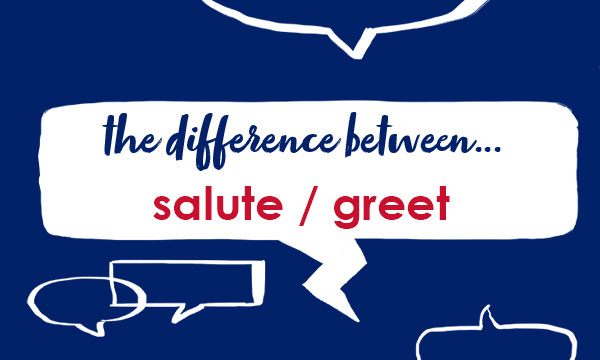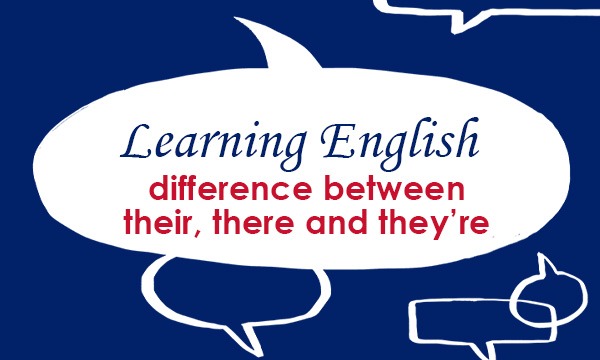This week we are looking at two words which may be confused by learners of English: salute and greet.
salute

When members of the armed forces salute someone, they raise their right hand as a formal sign of greeting or respect.
The men saluted the General.
greet

Use greet rather than ‘salute’ to say that someone says or does something to express friendliness when they meet someone else.
He greeted his mother with a hug.
He hurried to greet his guests.
Find out more in our English Usage article.
This blogpost is based on Collins COBUILD English Usage, written for learners of English. For more examples of English usage points, please visit: https://grammar.collinsdictionary.com/english-usage.
All opinions expressed on this blog are those of the individual writers, and do not necessarily reflect the opinions or policies of Collins, or its parent company, HarperCollins.



